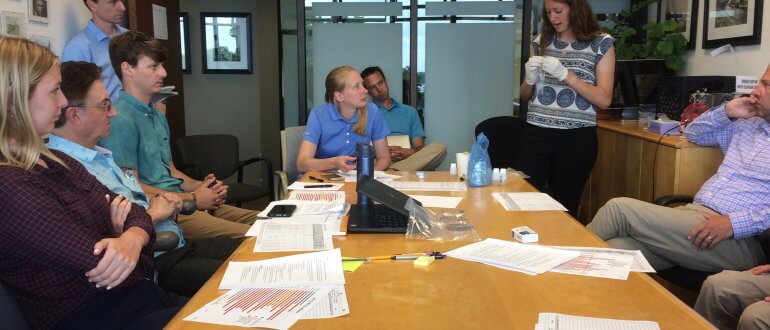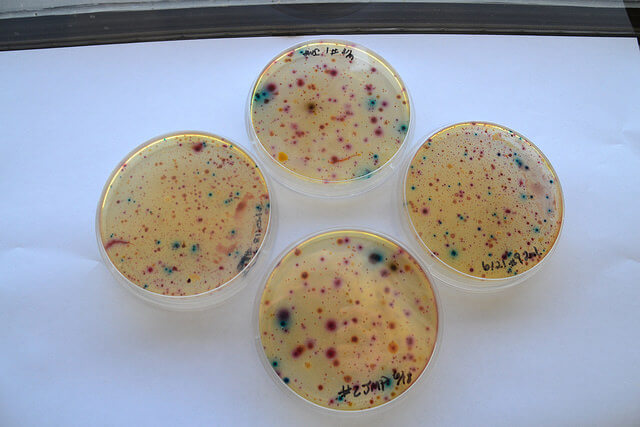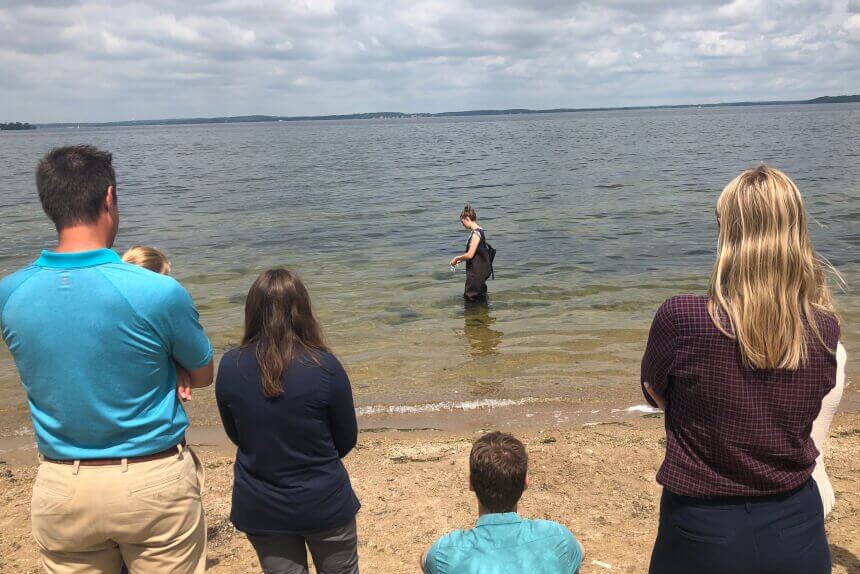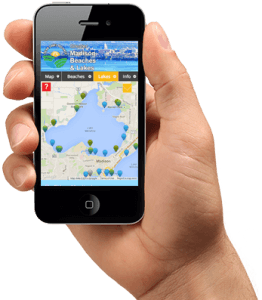Once a week during the beach season, Public Health Madison & Dane County tests our beaches for E. coli bacteria, which is an indicator for pathogens that might pose a human health risk.
These tests are important, because they help to close our beaches when it isn’t safe to swim. However, the labor involved with collecting samples and processing them in the lab makes testing expensive. While water conditions may change on a daily or even hourly basis, it usually isn’t feasible to test that frequently.
Could our lakeforecast.org volunteer monitors help increase frequency of E. coli sampling by testing close to home using inexpensive equipment? In 2018, Clean Lakes Alliance is piloting at-home E. coli testing as part of our water quality monitoring program.
Four of our Lake Forecast volunteer monitors have agreed to help test our sampling protocol this summer. They will provide preliminary data to help develop the project scope and goals. The project is being supported by our new watershed intern this summer, Anna Weinberg (pictured above in white gloves), who has experience sampling E. coli in Ecuador.
Our Goal
Through this pilot, Clean Lakes Alliance is aiming to take the data collected by volunteers over the summer and turn it into information the community can use to make more informed decisions about our beaches. Perhaps we can better predict high-risk beaches, or identify conditions that increase E. coli in the water so that, as a community, we can prevent them.
Understanding E. coli
E. coli, fully known as Escherichia coli, is a coliform bacterium, found naturally occurring in the lower intestines of warm blooded animals, humans included. E. coli generally develops a symbiotic relationship with its host allowing for both to live healthy lives.
E. coli sounds scary when we hear about an outbreak in our food and see the word plastered under beach closure signs. Yet not all E. coli is harmful: the types of E. coli that contaminate food are just a few of 45 naturally occurring strains.
So if E. coli isn’t always harmful, why is it used to close our beaches? E. coli tests are used as indicators of other pathogens that may be present in water, such as typhoid fever, cholera and giardiasis. The more E. coli that is found in the water, the more likely a threatening pathogen may be present. Sources of E. coli include wildlife excrement on beaches, leaking sanitary sewer systems, or storm runoff carrying manure or pet waste.
Why do we need at-home testing?
Through this pilot program, Clean Lakes Alliance and our volunteers are trying to close the gap of once-weekly E. coli testing at beaches. This will allow a more comprehensive picture of the state of the water.
Since Clean Lakes Alliance’s citizen monitoring program was founded in 2013, we have worked with community partners to better understand and communicate current water conditions at our public beaches.
For example, in 2014, Clean Lakes Alliance monitored James Madison Park’s E. coli levels daily during the summer, testing 5 days a week for 13 weeks. During this time, a correlation was demonstrated between heavy rainfall and elevated levels of E. coli the following day. By utilizing daily samples, we discovered four additional closure days that normal weekly sampling would have caught. Thanks to a Clean Lakes Alliance monitoring blitz on July 13th, 2015, we also found that nearly 60% of public beaches exceeded E. coli bacteria standards following a quarter-inch rainfall.
If the pilot is successful, Clean Lakes Alliance could train additional volunteers to test the water more consistently than once a week, allowing us to assist Public Health Madison & Dane County in keeping the community informed and gathering valuable data for future use.
What can you do to help?
Become a volunteer! If you’re passionate about the lakes and would like to volunteer for a future monitoring season, please e-mail volunteer@cleanlakesalliance.org. We are very excited to be launching this project and hope it will help keep summer safe and fun for everyone.
